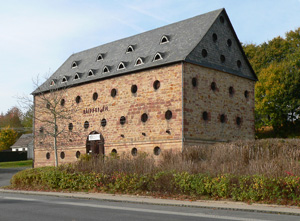
Medieval tithe barn (Germany)
In the Middle Ages, the Catholic church in Europe collected a tax of its own, separate from the kings’ taxes, which was called a tithe. Tithe means “one-tenth”, because people were supposed to give the Church one-tenth of all the income they earned. The priests and bishops kept the tithes in tithe barns like this one.
You had to pay the tithe, because otherwise the priest or bishop would excommunicate you. You might say, “So what? I didn’t want to go to church anyway,” but in the Middle Ages most people didn’t feel that way – they wanted to go to church and get forgiven for their sins so they could go to Heaven after the Last Judgment.
Besides, even if you didn’t care about Heaven, being excommunicated was a very serious thing – nobody else was allowed to talk to a person who had been excommunicated, or sell them anything, so you couldn’t buy food, or go to work, or anything. Even your children and your parents were not supposed to speak to you.
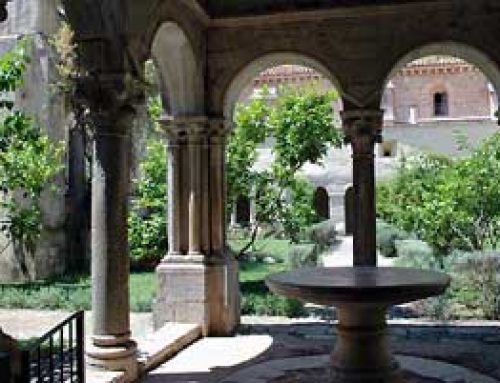
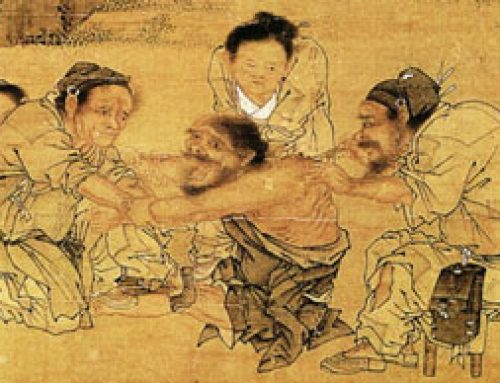
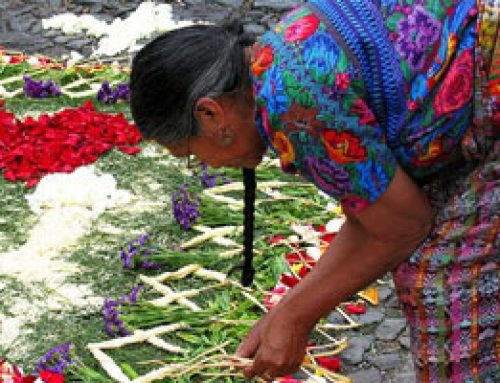
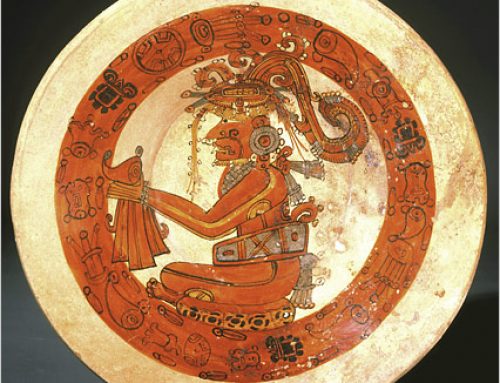

[…] lord either served the king, or was rich enough to pay someone else to serve in their place. Also, the Catholic Church charged a tax known as a tithe, literally meaning a tenth. People were expected to give 10% of their total income to the church. […]